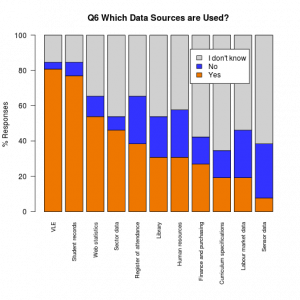Link: Beyond MOOCs Sustainable Online Learning in Institutions (PDF)
Link: Beyond MOOCs Sustainable Online Learning in Institutions (MS Word .docx)
Executive Summary
The key opportunity for institutions is to take the concepts developed by the MOOC experiment to date and use them to improve the quality of their face-to-face and online provision, and to open up access to higher education. Most importantly, the understanding gained should be used to inform diversification strategies including the development of new business models and pedagogic approaches that take full advantage of digital technologies.
The critical discourse emerging around MOOCs is providing an opportunity for institutions to develop a more strategic approach to online learning. This includes enhancing existing classroom teaching practices, promoting institutional reputation and developing new revenue models. There are indications that some MOOCs are becoming more focussed on corporate training, which suggests that they may not pose a immediate threat to the existing pedagogical, revenue or business models of higher education institutions (HEIs). The number of Massive Open Online Courses (MOOCs) will continue to grow with the development of credit bearing courses likely to be a trend.
Continue reading

